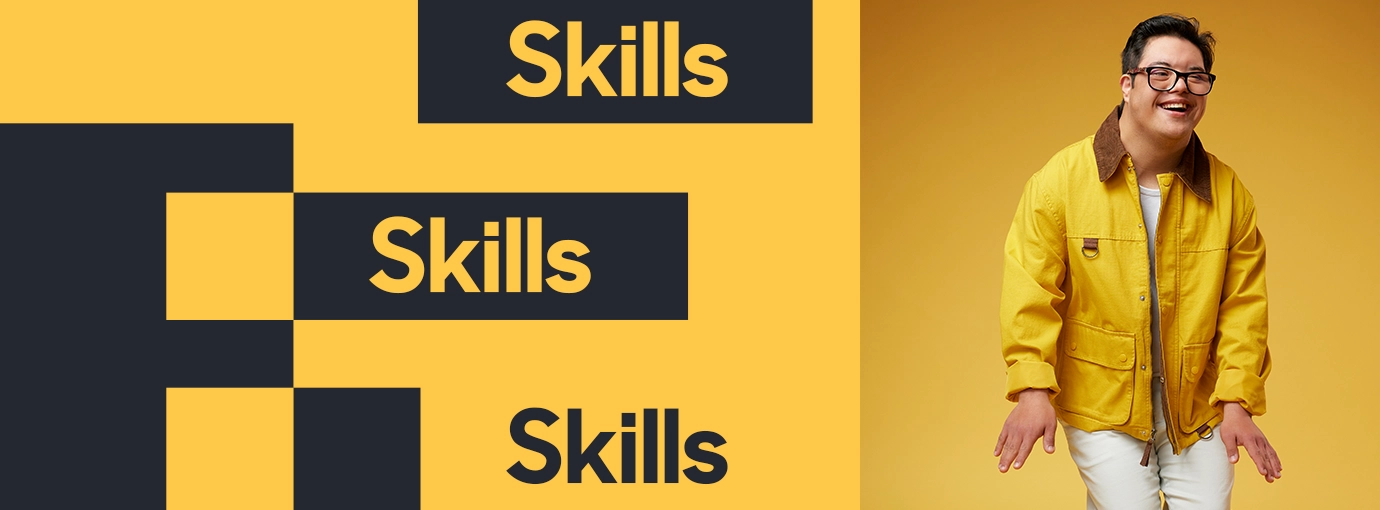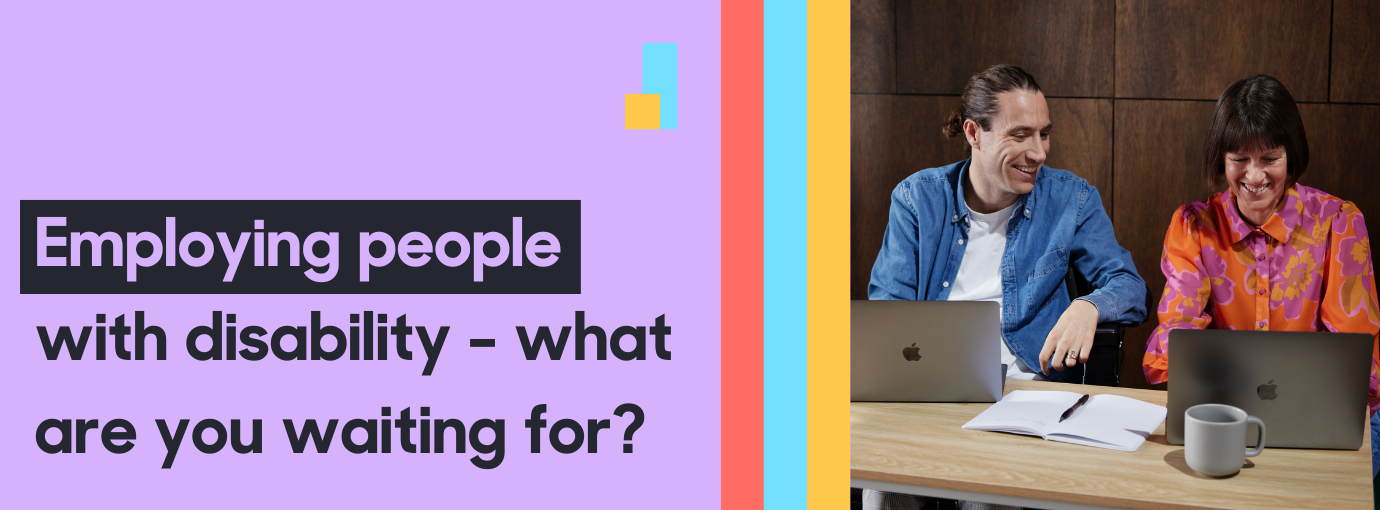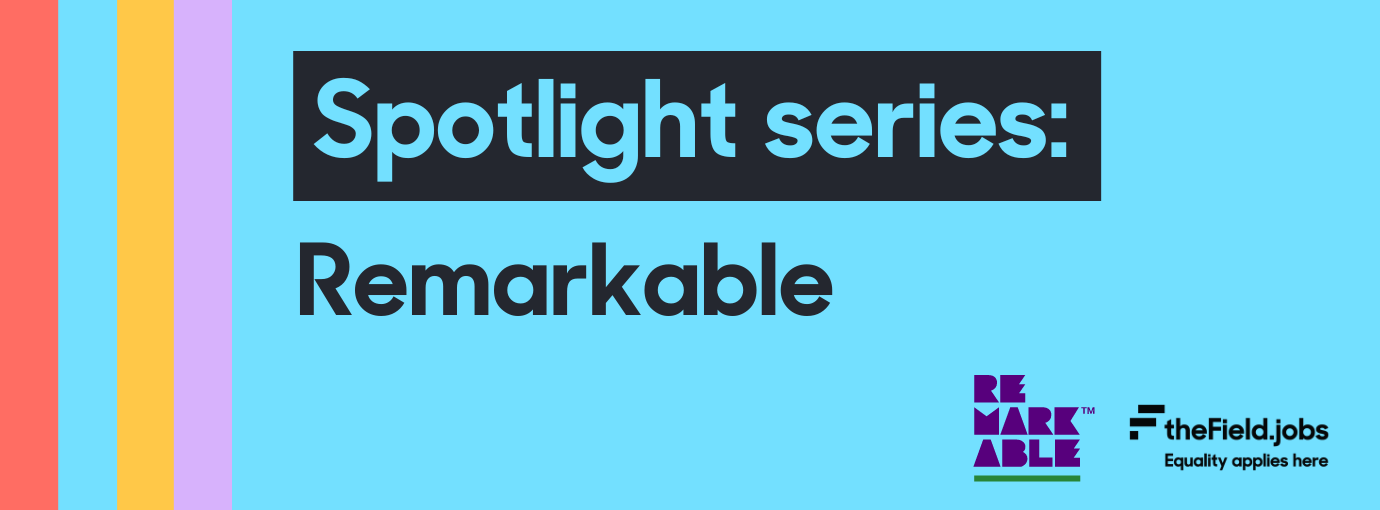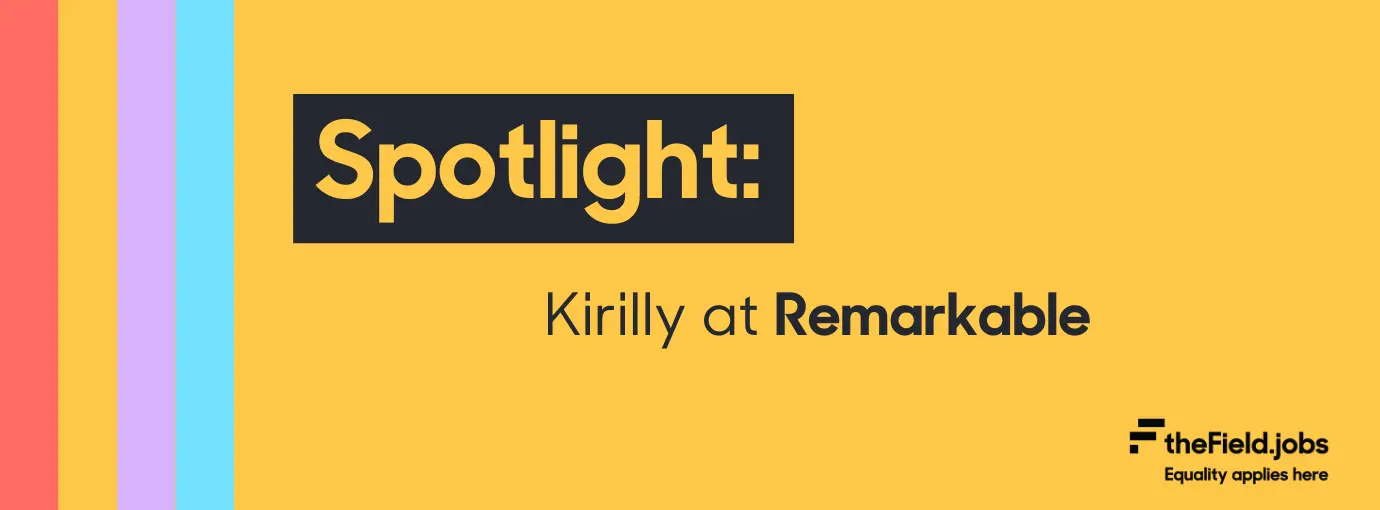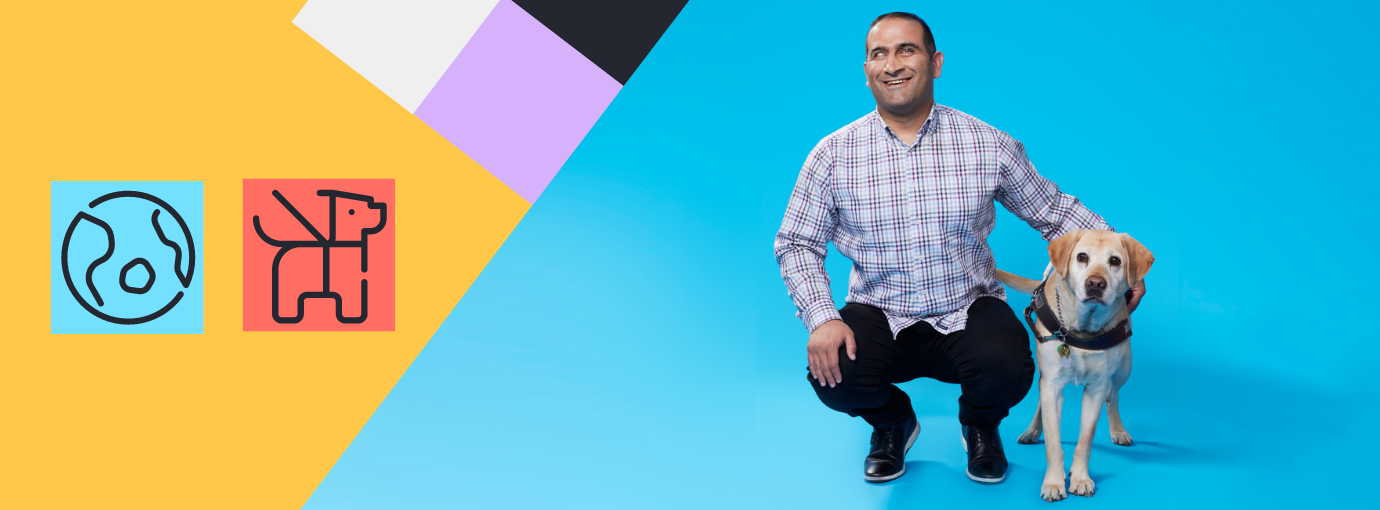It’s no secret that the world is facing a skills shortage. Employers all around the world are struggling to find staff—and Australia is no different.
As a result, the job market is shifting more towards the needs of job seekers. It’s understandable that many employers might be worried, but this shift is a good thing. It’s actually an incredible opportunity to make workplaces more accessible and flexible. With over 500,000 working-age disabled people actively looking for work in Australia alone, inclusive workplaces hold the key to fixing Australia’s job shortages.

What is the skills shortage and how is it impacting Australia?
According to the Federal Government’s Skills Priority List, organisations are struggling to find staff to fill roles in 286 different jobs, up from 153 jobs listed back in 2021. This is largely due to the impacts of COVID-19, high inflation, rising interest rates, disrupted supply chains and global economic uncertainty. A big factor is also the barriers many marginalised groups, including the disability community, face when trying to get or keep a job.
Many industries are experiencing extreme skills shortages, including registered nurses, software programmers, and disability and aged care workers, as well as mechanics, cooks, electricians, bus drivers, beauty salon workers and much more. Retail is also experiencing staff shortages, with a record high of 46,000 job openings across the industry, an increase of 14% from previous years.
As a result of these shortages, many businesses have had to cut down their hours, drop qualification requirements, and bring in overly qualified people to fill jobs so the business can function. Even with some employers offering impressive perks like free haircuts, food, drink vouchers, gym memberships and large signing bonuses, the skills shortage remains an enormous issue. And according to the National Skills Commission, this demand will only grow: particularly for industries like healthcare, social services, education, training, accommodation, and food, as well as scientific, professional and technical services, with a whopping 65.4% increase in demand expected in the next few years.

While a nice perk, incentives alone have not done a lot to curb the skills shortage. What will make a difference, however, is workplaces that champion genuine diversity and inclusion.
How can the disability community help solve the skills shortage?
One in five Australians are disabled—so the disability community can play a huge part in solving the skills shortage. Not all disabled people can or want to work, but those who do often face barriers in traditional workplaces, like a lack of accessibility and flexibility. According to a research report by the Disability Royal Commission, there are 43,000 disabled people in Australia who haven’t been able to get a job due to systemic failures and neglect.
The unemployment rate of working-aged disabled people is twice as high as the unemployment rate for people without disability—and half of Australian managers and HR professionals say they have never knowingly hired or worked with a disabled person. All this to say, there are over 113,000 people with disability in Australia who are currently unemployed and want to work. Having open, genuine and informed discussion about disability, accessibility and inclusivity will go a long way to improving this.

But how can we make workplaces more accessible and inclusive?
Creating disability-inclusive workplaces is vital—and even seemingly small changes to workplaces and policies can make a big difference. Employers need to champion genuine diversity and inclusion, and make employees (and potential employees) feel safe and comfortable to talk about their disabilities, and their access needs. An inclusive workplace might include things like:
- Making all communications are accessible and easy to read, including adding alt text, subtitles, clear font and contrasting colours
- Not assuming someone’s access needs based on their appearance (many disabilities are non-visible)
- Making workplaces accessible for people with all kinds of disabilities, including those who use mobility aids, are neurodivergent, and those who are Blind or Deaf
- Allowing flexible hours, part-time work and the option to work-from-home
- Using inclusive language to help people feel understood, valued, respected and appreciated
The conversation around accessibility doesn’t need to be awkward: it just needs to be genuine. And if inclusive language isn’t something you’re sure about, the Field offers an Inclusive Language Tool where you can check the inclusivity of the language you’re using.
By creating inclusive workplaces and hiring practices, we provide opportunities for disabled people to grow and upskill. It’s also important to remember that lived experience is a huge asset every person with disability brings to the table, even if someone doesn’t have traditional qualifications. This lived experience can include skills that are highly transferrable for a many roles and industries, like administration, organisation, problem-solving, as well as a knowledge of accessibility and the disability sector—not to mention other forms of lived experience someone may have.
We need to remove the barriers disabled people face, because the disability community has the potential to not only bridge the skills gap, but to also revolutionise workplaces through accessibility, inclusivity and flexibility—which benefits everyone. Diversity brings a lot of value to any workplace or organisation—and with the added bonus of addressing Australia’s skills shortage, genuine inclusivity is something every workplace should be prioritising.
Zoe Simmons is a disabled journalist, copywriter, speaker, author and advocate. She writes to make the world a better place. You can find out more about Zoe on her website, or follow her on Facebook, Instagram, Twitter, LinkedIn or Tik Tok.

At the Field, we want everyone to feel included and represented in our content. While our default is Person-first language, you may sometimes see our content shift between Person-first and Identity-first language, depending on the preferences of our Content Creators and Contributors. Check out our blog for more information on Person-first and Identity-first language.
